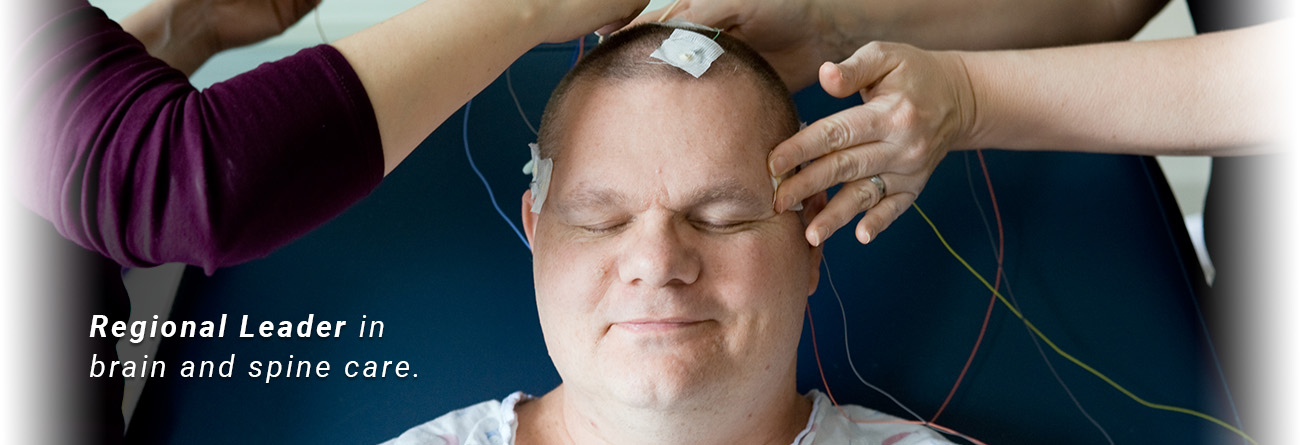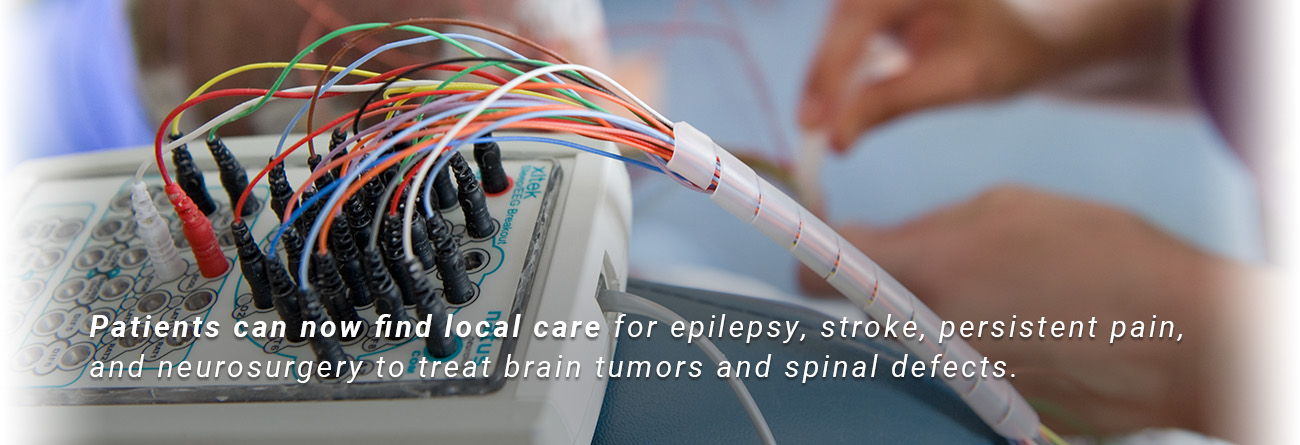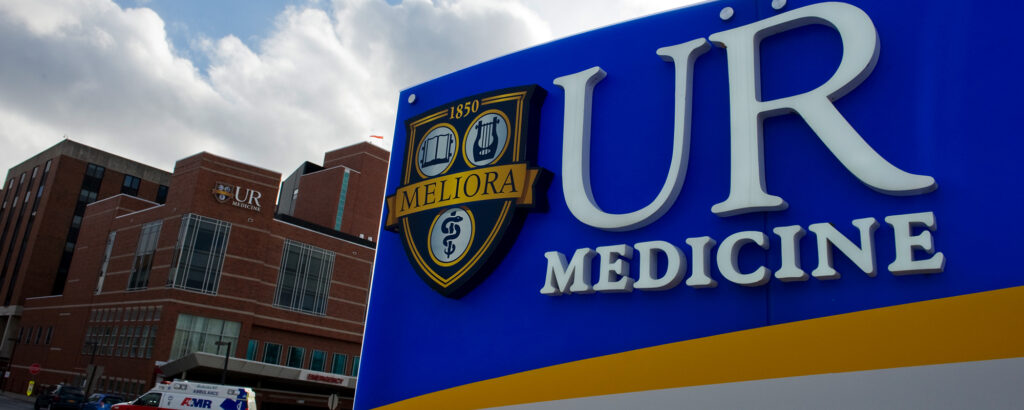About
Cayuga Neurology is committed to delivering individualized care to patients dealing with a range of neurological disorders such as memory loss, migraines, headaches, epilepsy, Parkinson’s disease, multiple sclerosis, neuropathies, and stroke-related conditions. We have recruited a new and expanding team of highly trained and experienced neurologists to provide personalized care. With expanded services in Ithaca and Cortland, you can receive the care you need. We are also very pleased to announce the opening of our epilepsy monitoring unit in July 2023.
Experienced, Credentialed Professionals
Our outpatient team is made up of specialists who provide general neurology care; our inpatient consulting service is available 24/7 for any emergent neurologic needs. Our team comprises neuro-hospitalists, an epileptologist, neurologists, nurses, and technologists who are committed to delivering compassionate care and expert management for all neurological conditions.
Our Commitment to Customer Service
Nowhere is the commitment to meet the needs of our community more evident than in the Department of Neurology. Our neurological capabilities have grown dramatically over the past three decades. These important services are strongly supported by our Department of Imaging Services (one of the most comprehensive in the entire region), the development of a certified stroke center, the excellence of our ED and our EMS community in the recognition and appropriate treatment of neurological illness and acute incidents, and most recently, the development of an inpatient epilepsy diagnostic unit.
what our neurology patients are saying

“I’ve got more hope now.”




